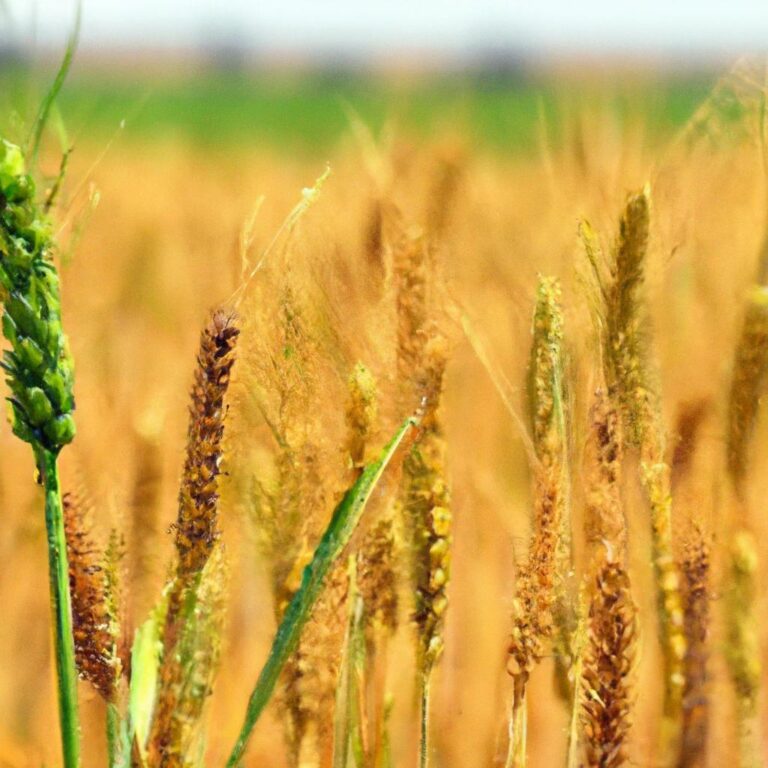In a world where the challenges of food security loom larger each day, the spotlight often shines on grand agricultural enterprises and technological advancements. Yet, nestled within the rows of small plots, the heart of global food production beats steadily. Small farmers, often overlooked and undervalued, hold the potential to be the unsung heroes of our food systems. With their intimate knowledge of local ecosystems, sustainable practices, and deep connections to their communities, these small-scale producers not only cultivate crops but also embody a crucial solution to hunger and malnutrition. As we explore the vital role of empowering these farmers, we uncover a path toward resilience, sustainability, and a more secure future for food around the globe. Together, we have the opportunity to transform not just their livelihoods, but also the fabric of our shared food security.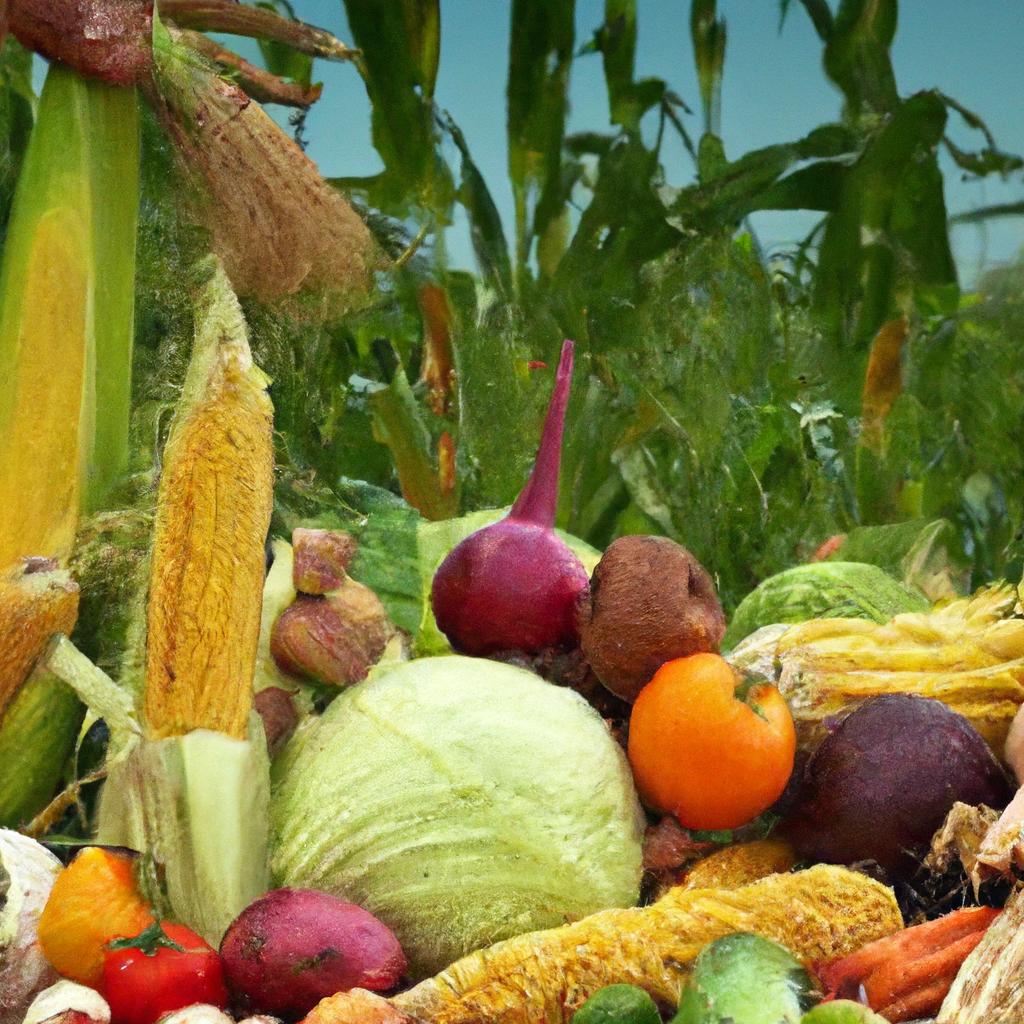
Fostering Sustainable Practices to Enhance Crop Yields
To ensure that small farmers thrive, it is essential to implement innovative and sustainable agricultural techniques that can increase productivity without compromising the environment. Crop rotation, for instance, can enhance soil fertility while reducing pest populations. Furthermore, integrated pest management (IPM) minimizes the dependence on chemical pesticides, promoting a healthier ecosystem and diminishing the risks to human health. Other methods like cover cropping not only prevent soil erosion but also boost organic matter, leading to improved crop yields over time. Together, these practices create a sustainable farming model that empowers local communities and secures food production.
Investments in sustainable technology are equally crucial to achieving enhanced agricultural output. Initiatives such as drip irrigation systems can significantly reduce water usage while ensuring that crops receive the necessary hydration. Additionally, the adoption of renewable energy solutions in farming—like solar-powered equipment or biogas systems—can cut costs and lower the carbon footprint of agricultural practices. Furthermore, establishing community-supported agriculture (CSA) programs can foster stronger connections between farmers and consumers, ensuring a stable income for farmers while promoting the consumption of locally grown produce. Taken together, these practices not only elevate crop yields but also contribute to a resilient food system.
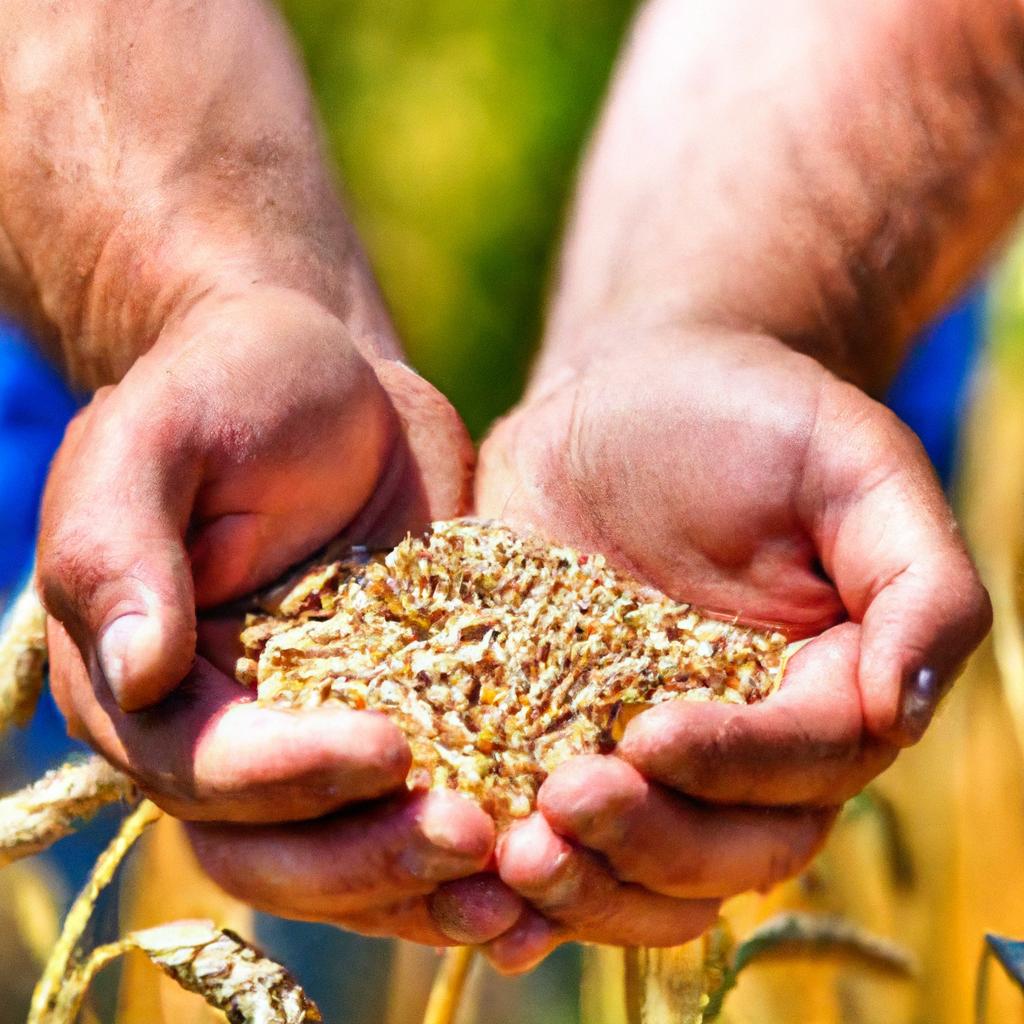
Bridging Market Gaps: Connecting Small Farmers with Consumers
In today’s interconnected marketplace, small farmers often struggle to find direct access to consumers, leaving a substantial gap in the food supply chain. By utilizing modern technology and community-supported initiatives, we can create a direct link between local producers and consumers eager for fresh, organic produce. This connection not only supports rural economies but also enhances food security at a global level. Strategies like farm-to-table programs, online marketplaces, and local farmers’ markets provide small-scale agriculturalists with the exposure they need to thrive. By fostering relationships between small farmers and consumers, we can cultivate a more resilient food system.
To further illustrate the benefits of such connections, consider the following advantages of bridging the market gap:
- Increased Revenue: Farmers gain better prices by cutting out intermediaries.
- Community Support: Strengthening local economies through patronage of local produce.
- Freshness and Quality: Consumers access fresher, nutritionally rich products.
- Reduced Carbon Footprint: Shortening the food supply chain minimizes transportation emissions.
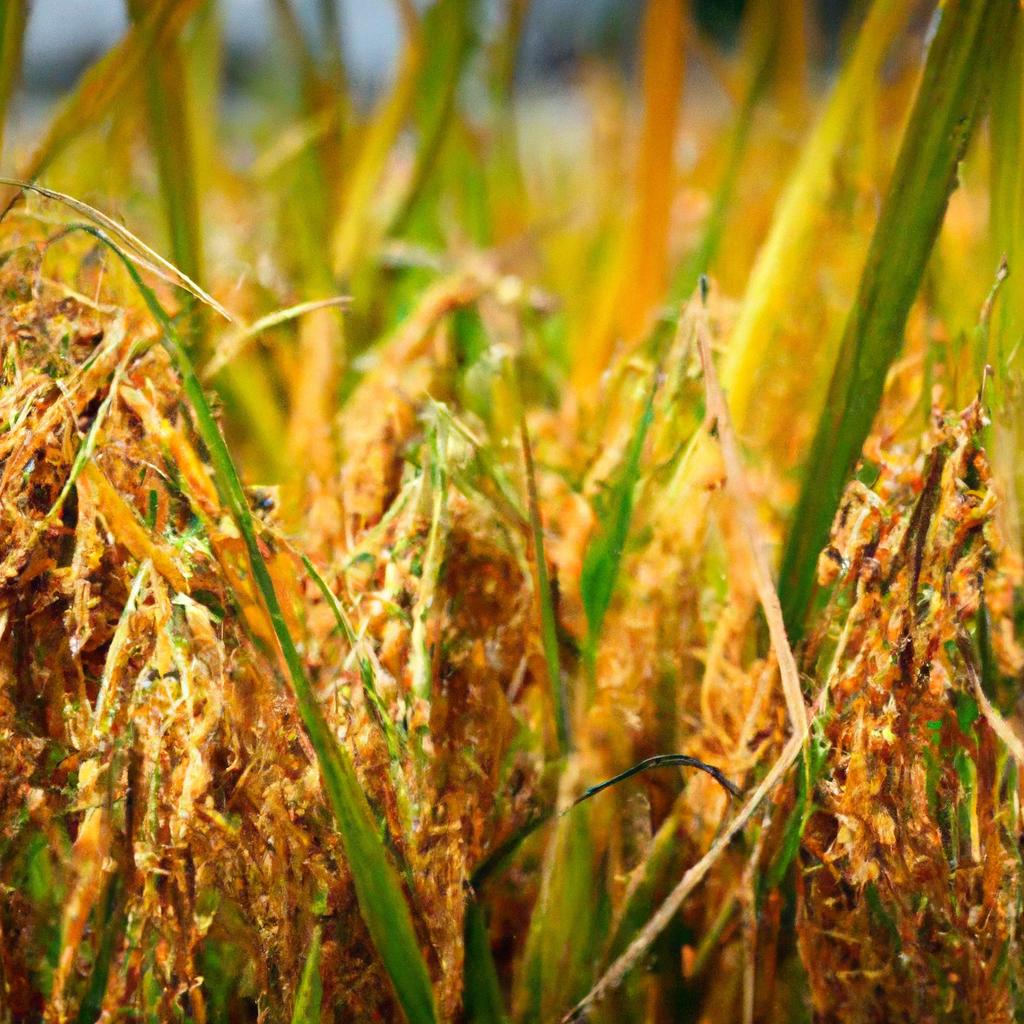
Strengthening Access to Resources and Technology
Access to vital resources and modern technology is crucial for small farmers striving to enhance productivity and ensure sustainable practices. Investing in these areas can transform agricultural operations, enabling farmers to compete in an increasingly challenging market. To empower smallholders, initiatives can include:
- Microfinancing Programs: Providing small loans tailored for farmers to purchase necessary equipment or seeds.
- Education and Training: Workshops that impart knowledge on sustainable farming techniques and efficient resource management.
- Access to Market Platforms: Digital tools that connect farmers directly with consumers, reducing dependence on intermediaries.
Moreover, facilitating access to cutting-edge technology can enable farmers to optimize their yield, monitor crop health, and manage resources more effectively. The integration of innovations such as precision agriculture, soil sensors, and mobile applications can significantly bolster agricultural productivity. Some essential technologies to consider include:
| Technology | Benefit |
|---|---|
| Soil Moisture Sensors | Helps in efficient water use and irrigation management. |
| Drones | Provides aerial imagery for crop monitoring and health assessment. |
| Mobile Apps | Facilitates access to market information and best practices. |
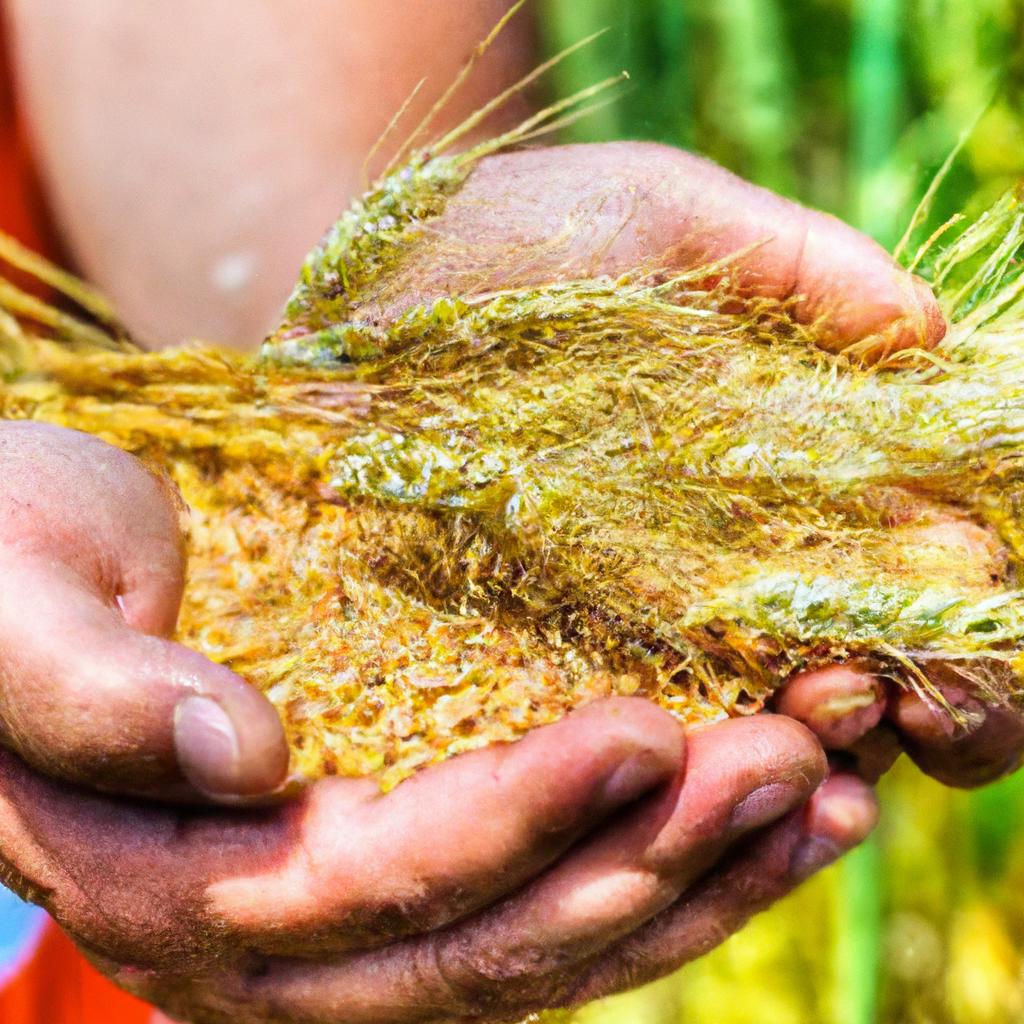
Building Collaborative Networks for Knowledge Sharing and Support
Creating a strong framework for collaboration among small farmers can significantly enhance knowledge sharing and resource support within local and global agricultural communities. By fostering diverse networks, farmers are able to exchange innovative techniques, share successful practices, and broaden their understanding of sustainable farming methods. Such collaborative efforts can be formalized through:
- Peer-to-Peer Learning: Organizing regular workshops and discussion forums where farmers can share their experiences.
- Cooperatives: Forming or joining cooperatives to pool resources, access better markets, and leverage collective bargaining power.
- Digital Platforms: Utilizing technology to create online forums where farmers can seek advice, share insights, and find support from others across the globe.
Additionally, establishing strategic partnerships with local organizations and governmental bodies can amplify these efforts. Through these partnerships, small farmers can gain access to essential resources and training, ultimately improving their productivity and resilience. Consider the following collaborative approaches to strengthen community ties:
| Approach | Benefits |
|---|---|
| Local Farmer Groups | Enhanced support system, shared knowledge |
| Research Institutions | Access to new technologies, scientific insights |
| NGOs | Financial support, training opportunities |
Insights and Conclusions
In the tapestry of global food security, small farmers are the vibrant threads that weave resilience, innovation, and hope. Their intimate connection to the land, deep-rooted knowledge of local ecosystems, and unwavering commitment to sustainable practices place them at the forefront of our collective efforts to nourish the world. Empowering these agricultural stewards is not merely an act of support; it is a strategic imperative that promises to fortify food systems and enhance the livelihoods of millions. As we move forward, let us recognize that investing in small farmers is an investment in the future—a future where food security is not a privilege for the few, but a right for all. By championing their success, we pave the way for a more equitable, sustainable, and food-secure world. Together, we can cultivate lasting change, ensuring that every farmer’s story contributes to the greater narrative of global sustenance.

